-

20 February 2025
Diocese paves the way for legal challenge over island schools
Our diocese has begun a process paving the way for a potential Judicial Review of ... read more
-
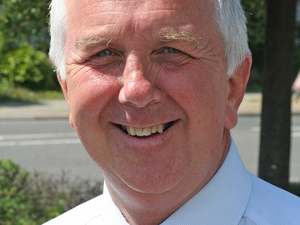
11 December 2024
Education director urges councillors to delay school closure decision
Our education director has urged councillors to delay a decision on whether to close six ... read more
-
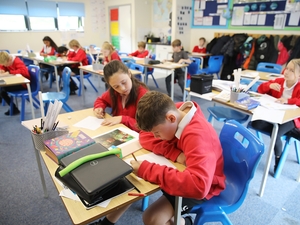
5 December 2024
Bishop pledges to challenge school closures
Bishop Jonathan has promised to challenge the Isle of Wight Council’s proposals to close three ... read more
Green spaces mean so much to Oakfield pupils
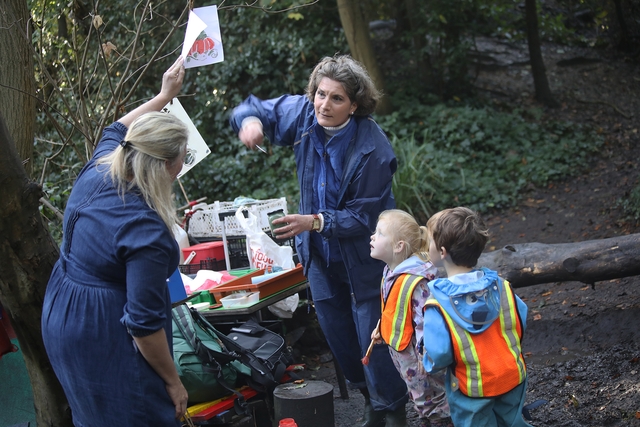
FOR some of these two, three and four-year-olds, Forest School is one of the few times they play in a green space.
Around half of the pupils at Oakfield C of E Primary School are classed as disadvantaged, and many live in houses or flats without proper gardens in the eastern half of Ryde. For those families, the school is a godsend. Among other things, the beautiful grounds offer children the chance to explore nature and take part in team sports.
And Forest School is just one of the activities offered regularly at the school. Staff also help to feed hungry families, offer a safe space during school holidays, and help children to get free sailing lessons they couldn’t otherwise afford. The school has become a vital hub in its local community.
These are just some of the reasons why staff, pupils and parents were shocked when the Isle of Wight Council announced that Oakfield C of E Primary was one of six schools earmarked for closure, to deal with an island-wide problem of surplus places. Three of the six schools are church schools – the others are Brading C of E Primary and Arreton St George’s C of E Primary.
Bishop Jonathan and our diocese’s Board of Education are opposing the plans, arguing that all C of E schools offer a distinctively Christian ethos – and that there are specific reasons for all three of our schools to remain open.
Vikki Reader was appointed as headteacher at Oakfield C of E Primary in 2020. She challenged staff to rethink the way they educated children, as it caters for one of the highest areas of poverty on the island. Since then, it has set up a nursery, meaning they now cater for children aged two to 11, created the Community Food Pantry, and opened its Forest School.
Test results overall for its 11-year-olds are below the average for the Isle of Wight and nationwide. But Oakfield caters for the highest number of disadvantaged children of any primary school on the island, with 45 per cent claiming free school meals. Almost a quarter of its 11-year-olds this summer were unable to even access the tests, yet their results were included in the overall statistics.
Campaigners have also pointed out that Oakfield is the only primary in the eastern half of Ryde, and that families – many of whom don’t have cars – would have to walk almost two miles on hilly terrain to reach alternative schools. The nearest CofE school is Brading Primary, which is 4.2 miles away and is also scheduled for closure.
It has also proved itself to be very good at being a church school. A Church inspector recently gave it an ‘excellent’ grading, praising its Christian vision and ethos, as well as bold decisions in learning and inventive ways to enhance wellbeing. The school has good links with the new team of clergy that are developing our churches in Ryde, and the Rev David Morgan visits regularly to lead collective worship.
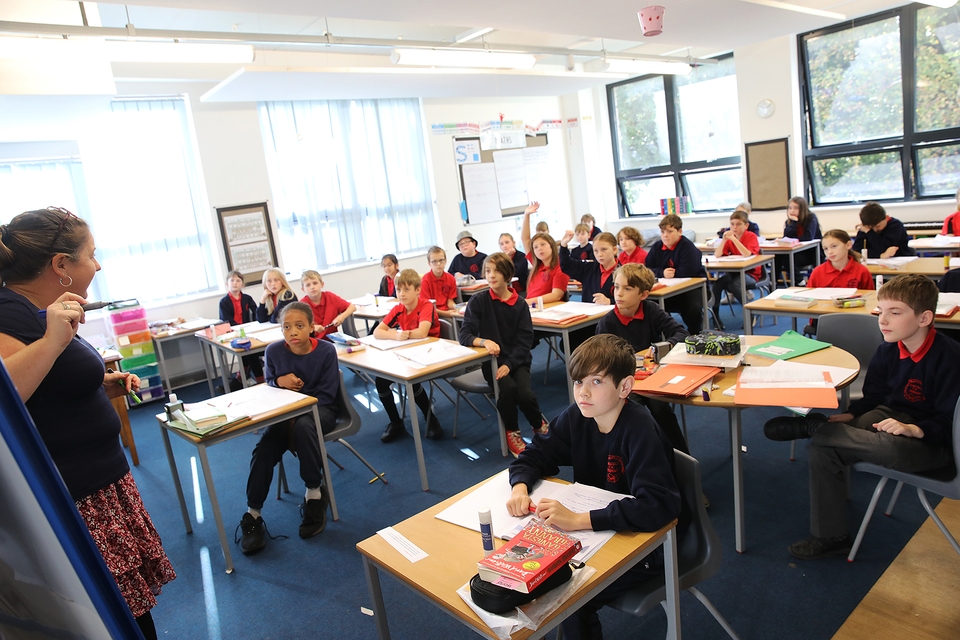
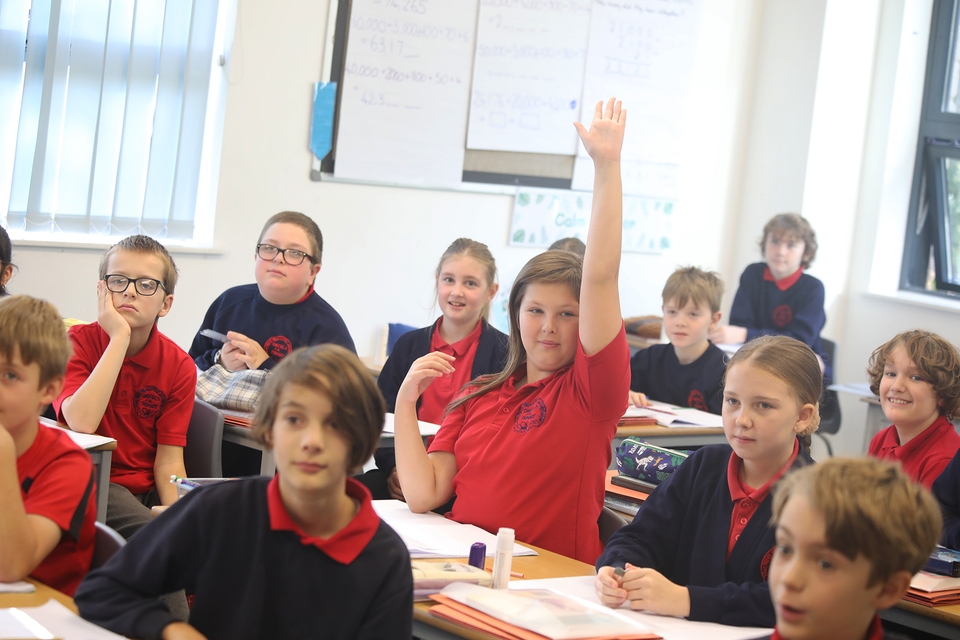
Mrs Reader said: “The sense of community is stronger than ever here. We provide all sorts of extra-curricular opportunities to give children as many experiences as possible. We have a parent and community group, we’re affiliated to a sailing club that gives children a chance to learn how to sail, and we have a sports week when we expose children to different kinds of sport all week.
“Every child gets a lesson outdoors every day, and that’s in addition to regular Forest School lessons. For nursery children to have this access to nature is really important, and we’re fortunate to have such an amazing site where we can do that.
“We also run Acorn Clubs and Acorn Awards, which are achievements that pupils can work towards, similar to scout badges. It really helps to promote children’s enrichment, as they work towards badges in everything from crochet to football, from beekeeping to ‘Warhammer’ battle games. A lot of our children excel in areas such as art, music and sport, which aren’t always measured by statistics.”
In their submission to the Isle of Wight Council, our Diocesan Board of Education has queried the council’s rationale for closure of all three CofE schools. Its view is that surplus places and demography are better reasons for closure than overall academic standards, which can fluctuate and which don’t actually measure individual pupils’ progress.
It has also told the council it should not consider the potential future of a school site when considering closure. The Isle of Wight Council’s consultation document identifies possible uses for all three C of E school sites, but none of these ideas may be possible and it is not the local authority’s decision in any case.